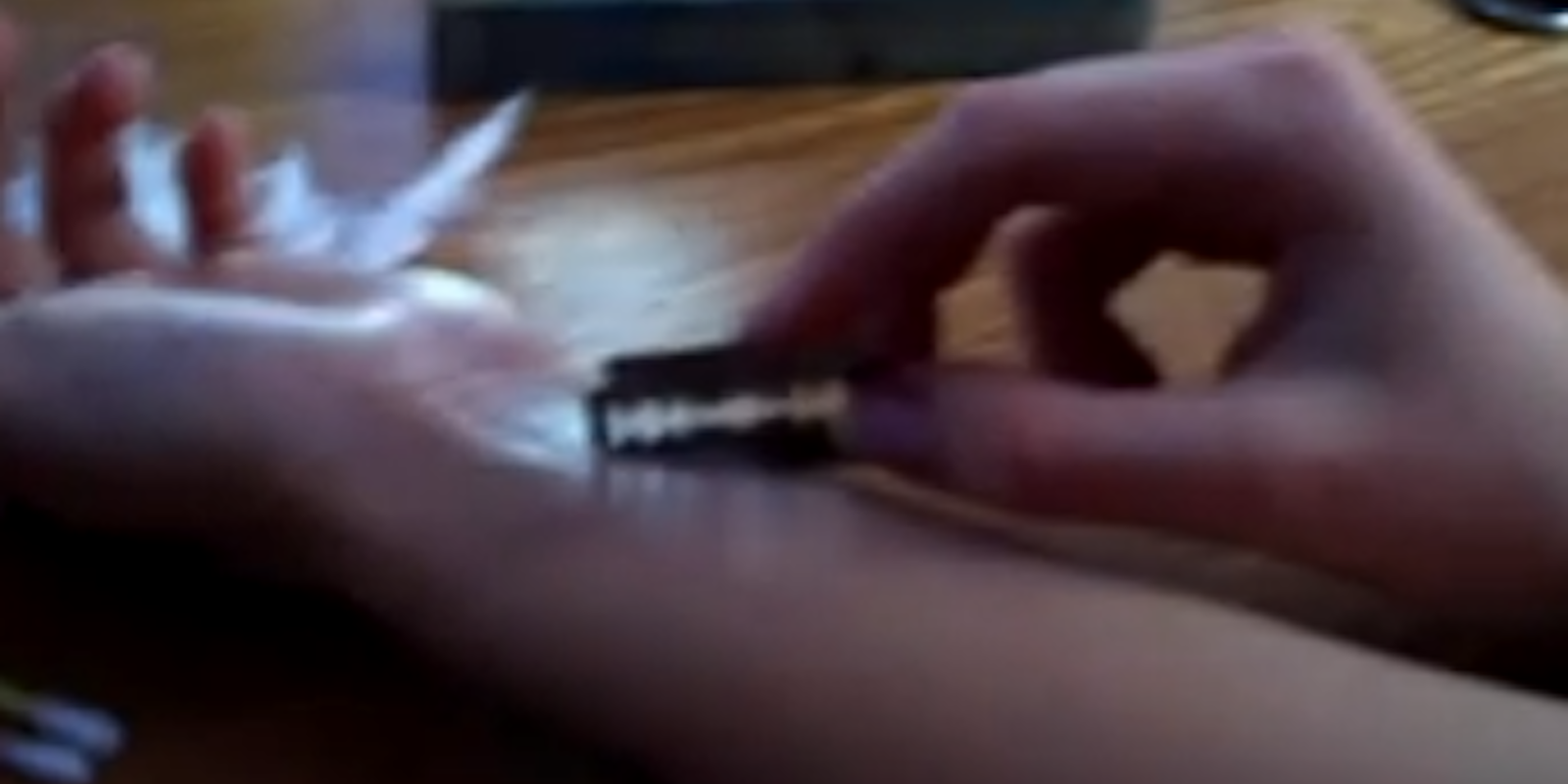Google filed a lawsuit against Russian regulators Monday over a controversial new law that restricts content Russian officials deem to be offensive or potentially harmful to children.
The announcement comes in response to the nation’s censorship of a video titled “Video lesson on how to cut your veins =D,” a three-minute video that finds a young woman demonstrating how to create the appearance of a slashed wrist by using a dull razor blade, cotton, medical glue, and fake blood.
YouTuber SNEG0VA uploaded the video to the video-sharing site on Jan. 18, but it went down shortly after, when officials cited it as a video that propagandized suicide.
Google, YouTube’s governing body, has contested the decision, telling the Wall Street Journal “we have appealed the decision of Russian consumer watchdog because we do not believe that the goal of the law was to limit access to videos that are clearly intended to entertain viewers.” A spokesman added that it restricts content on country-specific domains where a nation’s laws require it—though the decision comes from YouTube’s end.
The law in question, the hotly contested Bill 89417-6, which took effect Nov. 1, 2012, allows Russian regulators to flag offending sites and order the take down of offending videos within 24 hours of their flaggings. Should the site refuse the order, Russian Internet service providers will be instructed to prevent their customers from accessing it.
It’s a novel idea but one that’s earned a lot of skeptics. Censorship is nothing new on the Russian Internet landscape; neither is stifling free speech. The country has blocked female punk activist collective Pussy Riot’s controversial music video protest, for example, and last July Russia raised eyebrows with its suspicious blacklisting of the worldwide blogging community LiveJournal, not say nothing of its spam bot army.
Analysts told the WSJ that Google’s suit is likely the first to ever legally challenge the law, but it will not be the last.
“My forecast is there will be a string of lawsuits, there will be more lawyers involved because there will be good [public relations], and eventually things will get to the constitutional court and the law will be canceled,” offered Ivan Zassoursky, a professor at Moscow State University.
Photo via SNEG0VA/YouTube

